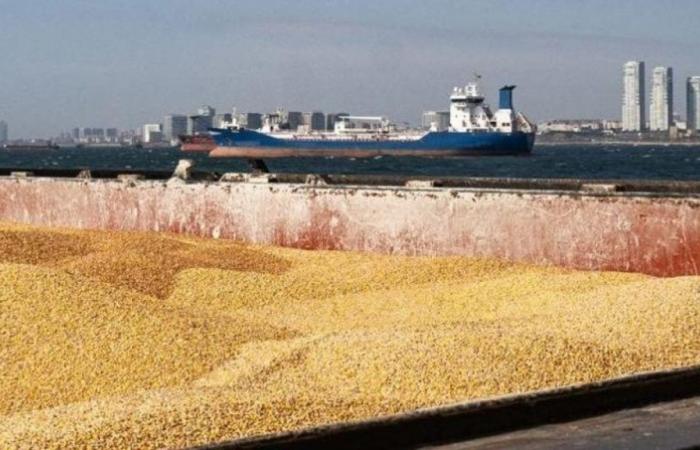Morocco is facing an unprecedented situation: its cereal production has fallen by more than 50% compared to last year. This drastic decline, caused by unfavorable climatic conditions, notably a lack of precipitation, forces the country to resort to massive imports to meet its cereal needs.
Measures to secure grain supplies
Preliminary estimates show a harvest of only 25 million quintals, compared to 55.1 million quintals in 2023. This historic decrease places Morocco in a situation of increased dependence on cereal imports. To make up the deficit, the country would have to import significant quantities of soft wheat, the main cereal consumed in Morocco.
Moroccan authorities are already anticipating increased recourse to international markets, which could have an impact on prices and the country’s food security. Faced with this situation, the Moroccan government has taken measures to secure the supply of cereals and limit the effects of rising prices. These measures include the creation of a strategic food security stock, the diversification of cereal supply sources, and support for farmers to improve the resilience of the agricultural sector.
Vulnerability of Morocco to climatic hazards
The current situation highlights Morocco’s vulnerability to climatic hazards and the need to strengthen its food security. The development of more resilient agricultural strategies and investment in infrastructure for the storage and processing of cereal products are essential avenues to explore to reduce the country’s dependence on imports.
In addition to government measures, the mobilization of all players in the food chain is necessary to face this challenge. Farmers, cooperatives, manufacturers and consumers must all engage in collective efforts to guarantee Morocco’s food security.
Drop in Moroccan cereal imports
Morocco’s cereal imports saw a significant increase in 2021, reaching 7.2 million tonnes, an increase of 16% compared to 2020. This increase is mainly due to a drop in national cereal production caused by drought. . In 2022, imports fell by 26% compared to 2021, to stand at 5.3 million tonnes. This decline is explained by a slight improvement in national production.
In 2023, imports decreased again, reaching 4.8 million tonnes, a drop of 10% compared to 2022. This new drop is explained by greater national cereal production than in previous years, but still in below the needs of the country. And 2024 will see imports start to rise again.






